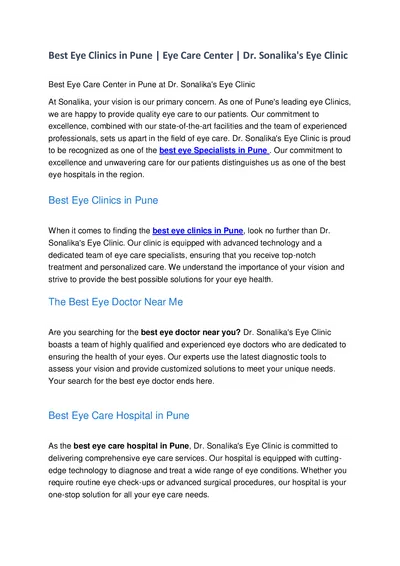PDF-Burn Critical Care
Author : jocelyn | Published Date : 2020-11-24
Burn Surgeons Bret Alvis Stuart McGrane Blair Summitt Plastic Surgery Arna Banerjee Tracy McGrane Lisa Rae Trauma Surgery Patrick Henson Roy Neeley Wes Thayer Plastic
Presentation Embed Code
Download Presentation
Download Presentation The PPT/PDF document "Burn Critical Care" is the property of its rightful owner. Permission is granted to download and print the materials on this website for personal, non-commercial use only, and to display it on your personal computer provided you do not modify the materials and that you retain all copyright notices contained in the materials. By downloading content from our website, you accept the terms of this agreement.
Burn Critical Care: Transcript
Download Rules Of Document
"Burn Critical Care"The content belongs to its owner. You may download and print it for personal use, without modification, and keep all copyright notices. By downloading, you agree to these terms.
Related Documents














